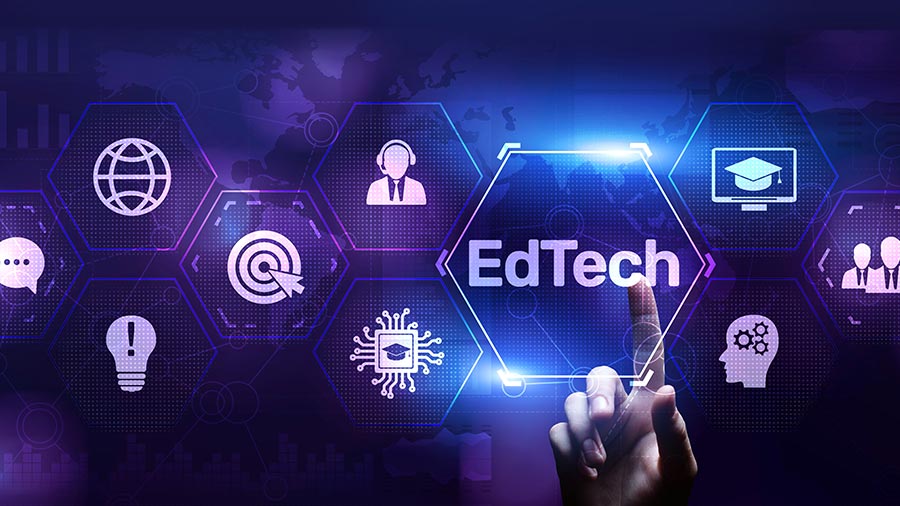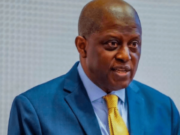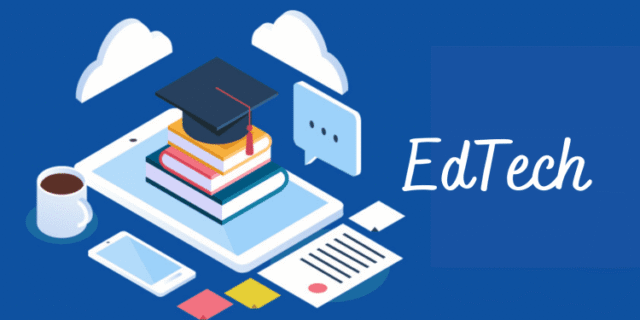Nigeria is now standing tall as one of Africa’s foremost EdTech hubs, driven by a powerful surge in mobile connectivity that’s changing how education is accessed and delivered across the country. With mobile penetration now hovering around 51%, nearly half the population can tap into digital learning platforms, fueling a broad transformation in education from primary schools to universities and corporate training environments.
At the heart of this transformation are indigenous EdTech startups such as uLesson, Afrilearn, AltSchool Africa, Teesas, and Tuteria. Each is pioneering new ways to democratize learning and overcome persistent infrastructure and resource gaps. For instance, uLesson—founded in 2019—has grown its app to reach over 2 million downloads, offering offline-compatible, curriculum-aligned video lessons and quizzes that serve learners across Nigeria, Ghana, Sierra Leone, Liberia, and The Gambia. Its parent, The uLesson Group, even launched Miva, a licensed online university offering degrees in Computer Science, Cybersecurity, Accounting, and more.
Afrilearn, another standout, delivers interactive animated videos, practice tests, coding tutorials, and learning dashboards tailored to national exams like WAEC, NECO, JAMB, and BECE. The platform’s freemium “learn-and-earn” feature has created a gamified learning environment that resonates well with students seeking academic and financial rewards.
Other key players include AltSchool Africa, which delivers mobile-first tech-skilling (software engineering and cybersecurity training) in collaboration with industry leaders; Teesas, which provides offline dual-language lessons, interactive videos, and AI-assisted progress tracking; and Tuteria, a tutoring marketplace connecting students with verified tutors for custom learning experiences.
These startups collectively reinforce Nigeria’s position as a top-three EdTech hub in Africa, alongside South Africa, Kenya, and Egypt. Together, they make up a significant portion of the over 600 EdTech startups across the continent, with Nigeria alone accounting for nearly 28% of more than 200 such ventures as of early 2022.
Mobile connectivity is the engine powering this revolution. While internet penetration stood at roughly 55% in early 2023, secure, high-speed access remains uneven; only 4G coverage reached about 28% of Nigerians as of August 2023. Nevertheless, mobile subscription rates have surged past 50%, laying the foundation for EdTech expansion. Smartphone ownership itself exceeds 40% continent-wide, making mobile-first platforms the obvious vehicle for scaling educational access.

This connectivity shift directly empowers digital learning. For example, uLesson offers downloadable lessons that students can view offline without costly data, an invaluable feature in regions plagued by intermittent internet. Similarly, Teesas’ offline-first approach ensures children in remote areas can still learn, with seamless syncing once the device reconnects.
Nigerian EdTech’s rapid rise is also reflected in investment and market valuations. The sector is poised to hit a projected $400 million market size in 2025. Other estimates suggest Nigeria’s e-learning market could swell from about $4.3 million in 2022 to $108 million by the end of 2024, growing at around 15% annually through 2028.
Funding is a major catalyst. uLesson raised a combined $22.5 million across Series A and B rounds in 2021. Meanwhile, across Africa, EdTech funding hit $400 million in total by 2020, though it dipped to $24.6 million in 2022, highlighting opportunity despite recurring challenges.
These platforms aren’t just funding success stories—they’re producing measurable educational outcomes. In underserved Lagos and Ogun State communities, tutors report major performance improvements after integrating lesson resources from EdTech platforms. A Kebbi State teaching volunteer said her students, using parents’ phones, were enthusiastic learners—if only connectivity improved.
Still, challenges remain—primarily inconsistent internet in rural zones, electricity shortages, teacher digital literacy gaps, and gender disparities in tech access. For instance, one report highlights that 40% of Nigerian women cite illiteracy as a barrier to mobile ownership versus 22% of men. Without addressing these issues, connectivity gains risk leaving the most vulnerable behind.
The government has begun to intervene. In May 2021, Lagos State committed to distributing 1 million ICT devices to secondary pupils and equipping 15,000 primary school teachers with tech tools—an early sign of public-sector support for EdTech. Federal initiatives like the “Computers for All Nigerians Initiative” are also working to bridge the digital divide.
Still, deeper collaboration is essential. Educational leaders, telecommunications providers, policymakers, and private startups must coordinate to roll out affordable broadband, bolster electrical infrastructure, train educators in digital pedagogy, and finance mobile data access. These measures would dramatically improve reach and equity.
Looking ahead, EdTech’s future in Nigeria is promising:
- Skill-based learning expansion: Platforms like AltSchool Africa, Codepym, and Skillup Africa are building Africa’s future workforce by teaching coding, AI, cybersecurity, and data science via mobile devices.
- Offline-first designs: Tools that sync when reconnected, like uLesson and Teesas, minimise data dependence and make learning more accessible.
- Public-private partnerships: Ventures like uLesson working with telecoms to subsidise data costs, and Lagos distributing devices, show how joint efforts can scale impact.
- Online higher education: Innovations like Miva Open University offer accredited degrees entirely online, reflecting a shift in how Nigerians pursue tertiary education
Conclusion: Nigeria Leading African EdTech
Nigeria’s emergence as a leading African EdTech, powered by 51% mobile penetration, isn’t just an impressive statistic—it’s a cultural and structural revolution. With innovative startups, growing investment, strategic offline-first designs, and increasing public support, the country is reshaping education at all levels. Yet to ensure no learner is left behind, significant infrastructure and policy improvements remain vital.
By prioritising equitable access to devices, data, power, and training, Nigeria can fully harness its digital learning potential—and in doing so, cement its place not only among Africa’s top three EdTech hubs but as a model for global education innovation.
Join Our Social Media Channels:
WhatsApp: NaijaEyes
Facebook: NaijaEyes
Twitter: NaijaEyes
Instagram: NaijaEyes
TikTok: NaijaEyes














![Mr Macaroni Drops Blistering Remark: ‘APC Filled with Most Corrupt People’ as He Slams Tinubu’s Controversial Pardon for Criminals=]] Mr Macaroni](https://naijaeyesblog.com/wp-content/uploads/2025/03/Mr-Macaroni-1-1-180x135.avif)

![Chaos Erupts in Abuja Hotel as BBNaija Star Phyna Sparks Fierce Scene Over Alleged N200,000 Dispute [VIDEO] Phyna](https://naijaeyesblog.com/wp-content/uploads/2024/11/A-Picture-of-Phyna-BBNaija-180x135.jpg)























